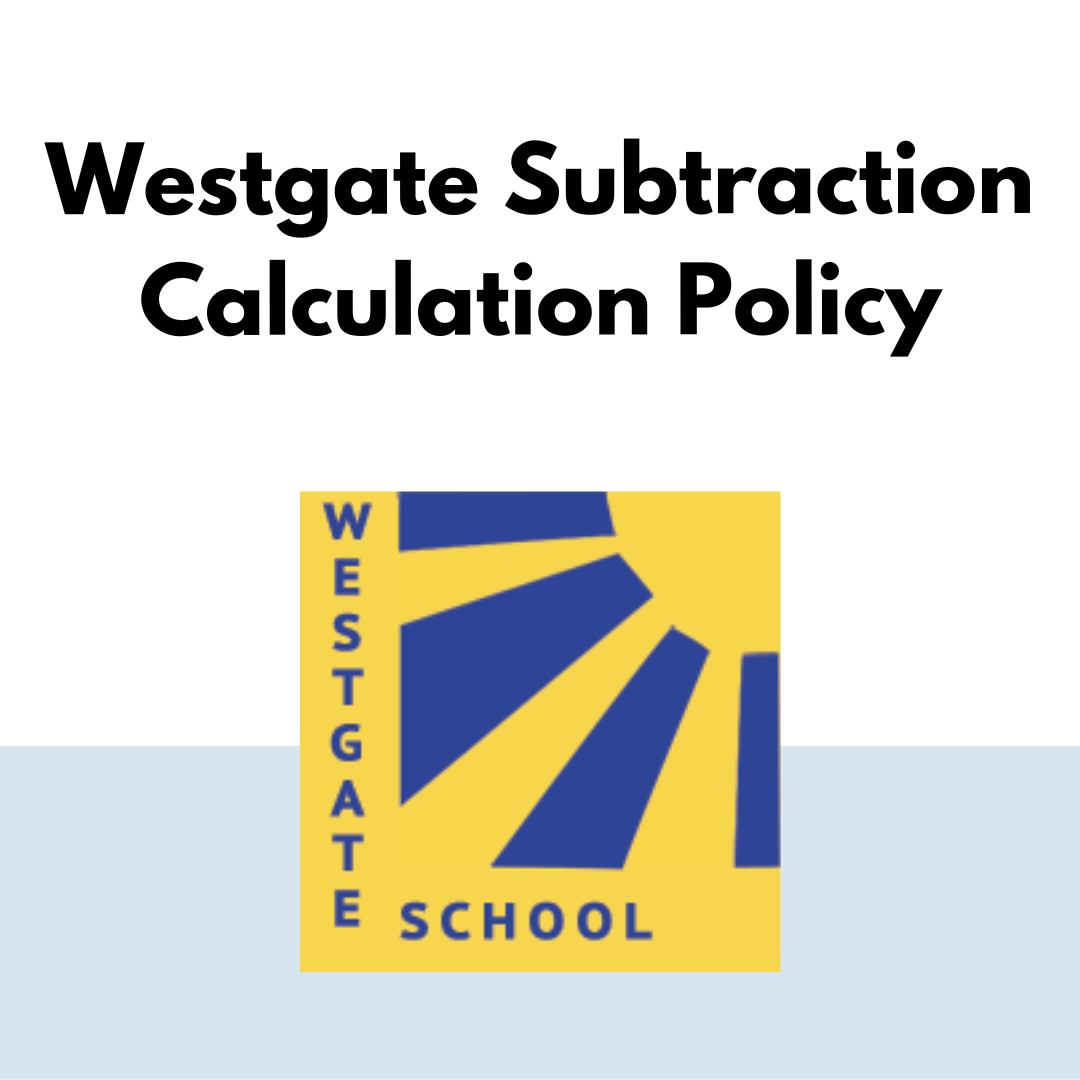Maths at Westgate
The National Curriculum states:
‘Mathematics is a creative and highly inter-connected discipline that has been developed over centuries, providing the solution to some of history’s most intriguing problems. It is essential to everyday life, critical to science, technology and engineering, and necessary for financial literacy and most forms of employment. A high-quality mathematics education therefore provides a foundation for understanding the world, the ability to reason mathematically, an appreciation of the beauty and power of mathematics, and a sense of enjoyment and curiosity about the subject.
Aims
- Become fluent in the fundamentals of mathematics, including through varied and frequent practice with increasingly complex problems over time, so that pupils develop conceptual understanding and the ability to recall and apply knowledge rapidly and accurately.
- Reason mathematically by following a line of enquiry, conjecturing relationships and generalisations, and developing an argument, justification or proof using mathematical language.
- Can solve problems by applying their mathematics to a variety of routine and non-routine problems with increasing sophistication, including breaking down problems into a series of simpler steps and persevering in seeking solutions.
When teaching Maths at Westgate, we want the children to develop:
- A positive, can-do attitude towards Maths showing resilience in the face of challenge.
- The ability to solve problems when working cooperatively, collaboratively and independently.
- Fluency and depth in key areas of Maths to be able to apply their learning in different contexts.
- Accurate and confident use of appropriate mathematical vocabulary.
- Understand the importance of Maths in everyday life.
Our progression and sequence of learning documents are listed under each year group’s tab. We are currently developing a ‘Mastery’ curriculum at Westgate which focuses on the idea that all pupils can achieve depth in their learning. Our curriculum interleaves key fluency objectives with the aim that mathematical knowledge will become deeply embedded in pupil’s memory in order to know and remember more.
Staff use resources from Lancashire Primary Mathematics Team across school and follow their recommended sequence of learning and suggested progression.
In all year groups, we may deviate from the planned sequence of learning based on previous gaps in knowledge and the general needs of the cohort. In cases where there may be different needs across classes in a year group, staff will use Lancashire LAPs to identify the appropriate objective for the pupils to access.
Assessment:
We purposefully assess children using adaptive teaching strategies during lessons, responding to the children’s previous knowledge. We assess at three key points throughout the year to identify gaps and next steps. This information feeds into our planning and lessons. Times tables are practised regularly and rigorously assessed fortnightly from Year 2 upwards and this information feeds into children’s daily practise and homework.
Intervention:
As part of our 'mastery' approach, intervention is prioritised through in-class feedback, 'live' marking and same day intervention. On occasions where children require some additional support or ‘catch-up’, we may use the following interventions:
Year 1 – 1st Class @ Number – delivered by a trained Teaching Assistant.
Years 2-5 – ‘Number Stacks’ – delivered by Teaching Assistants to individuals or small groups.
Year 6 – Targeted small group intervention delivered by a specialist Maths teacher.
Community involvement:

Our community is very important to us. We enhance the Maths curriculum through:
- Parental workshops for parents of Reception children focusing on how they can support their child at home.
- Year group parental events based around Maths, celebrating work and sharing our strategies and expectations.
- A yearly ‘Maths Week’ celebrating Maths and highlighting key priorities in school. This links to Maths in the wider community and focuses on purposeful, first-hand experiences.















